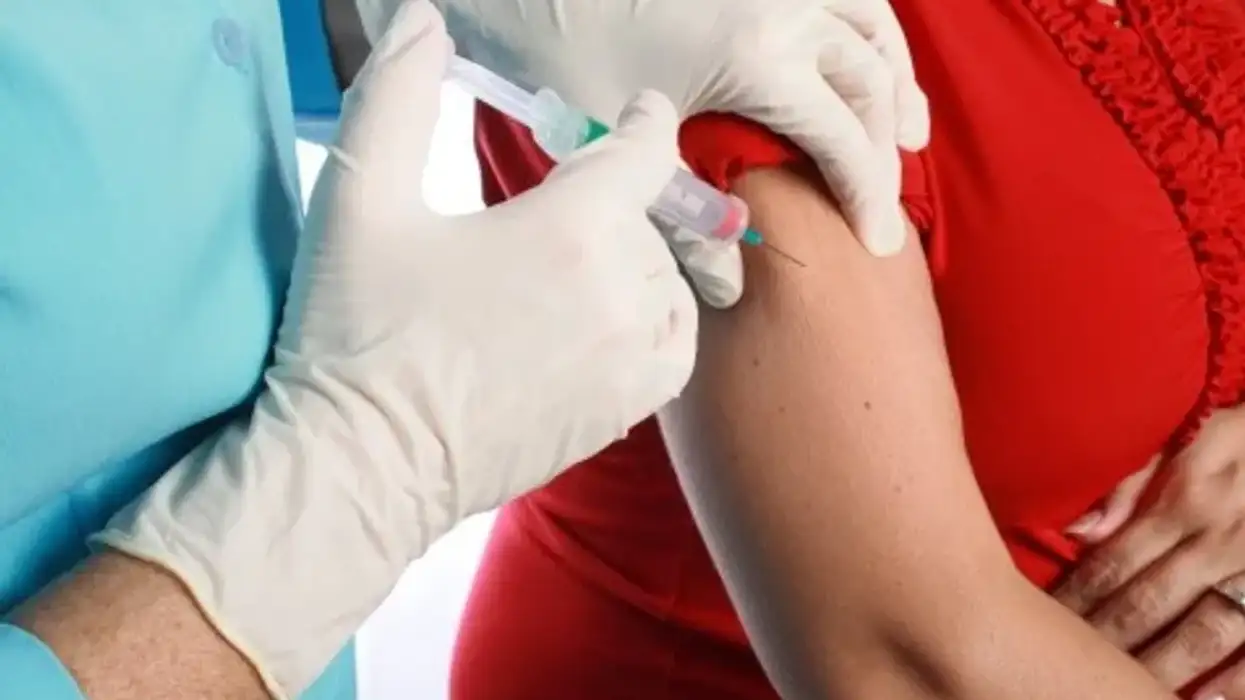The NHS Confederation and the Association of the British Pharmaceutical Industry (ABPI) has published a report that demonstrated the importance of the collaboration between industry and the NHS to improve patient outcomes across the UK.
Analysis from the report has shown a significant variation in access to innovative medicines for patients across the UK and showed that uptake of new treatments in these areas continues to be below the average of similar countries in Europe.
The report, ‘Transforming Lives, Improving Health Outcomes’, has highlighted four initiatives where effective partnerships between the NHS, patient organisations and industry have helped to tackle unwarranted variation in the uptake of innovative medicines.
Transforming Lives, Improving Health Outcomes also called for a systemwide secondary prevention strategy covering all parts of the health system creating a barrier to wider and consistent uptake of innovative medicine. It also noted that newly created Integrated Care Systems have the potential to improve preventative treatment.
The report data also showed a 51% variation of uptake of three types of medicines related to diabetes between NHS Trusts in England.
Matthew Taylor, NHS Confederation Chief Executive said: “Improving access to innovative medicines is not only beneficial for the individual patients receiving them, but also for the wider health and care system. This report demonstrates that collective efforts from the NHS and industry can help to overcome the enormous challenges currently faced by the health service to still achieve reductions in health inequalities and improvements to population health in the UK.”
Richard Torbett, ABPI Chief Executive said: “Everyone in the health system wants to see improved access to care. By implementing the ideas in this report, particularly around improving access to innovative medicines, we can make real and rapid improvements that will relieve the pressures on the NHS.”
Key recommendations from the report include:
National NHS leaders should:
➢ Improve engagement between the life sciences industry and their national and local colleagues, to make easier for the NHS to know about development in medicines, and how these can be implemented in care pathways.
Health and Care Government departments across the nations should:
➢ Publish a clear national policy statement on how improved access to innovative medicines could significantly reduce unwarranted variation in standards of health and care, improve health outcomes, reduce health inequalities, tackle patient backlogs, contribute to economic growth and support delivery of NHS long term plans
Health and care organisations across the system should:
➢ Focus efforts on activities that will deliver the greatest impact, in terms of accelerating introduction and adoption of innovations already in and being brought to the UK by the global industry, with industry involvement viewed as an integral component of partnership from initial planning stages through to implementation and performance monitoring
Case Study 1: Addressing regional variation in CAR T patient treatment
CAR T therapies have now been available to patients in England for nearly four years and are delivered across 14 specialist sites in the UK for adult patients as of October 2022. The NHS’s rapidadoption of these personalised therapies has been impressive, demonstrating agility, ambition and collaboration in overcoming the wide range of unique challenges these complex therapies present.
However, data suggests that while CAR T has been routinely available to patients in England for coming up to four years, significant variation in access remains. In the case of diffuse large B cell lymphoma (DLBCL), hospital episodic statistics (HES) data suggests that there may be inequality in access to CAR T for patients from areas with higher levels of deprivation. In the period from 2019 to March 2022, this data shows that only 11.7 per cent of CAR T-treated patients came from the most deprived quintile of the population, compared to 23.8 per cent from the least deprived quintile.
Case Study 2: Halving time in hospital for patients with soft tissue sarcoma
The Beatson West of Scotland Cancer Centre worked with Lilly UK to halve the amount of time patients with soft tissue sarcoma spent in hospital and free up consultant time which improved the efficiency of their chemotherapy clinic. The project identified areas for improvement which implemented a new nurse-led service to reduce the length of time patients spent in clinic. Total patient time in hospital was reduced by more than a half from 8 hours 31 minutes on average, to 3 hours 57 minutes – a reduction of 53.6 per cent.
Case Study 3: ‘Do it For Yourself’ campaign to improve lung cancer care access
Industry leader MSD partnered closely with the NHS to help drive up awareness around disease areas at a grass-roots level. The MSD’s ‘Do it For Yourself’ campaign helped increase referrals for two-week wait (2WW) cancer care in socio-economically deprived regions in England. Between April and August 2021, there was a 5.4 per cent increase in the number of 2WW referrals where the campaign took place. Such partnership working helped to improve lung cancer symptom awareness and referrals in the midst of the pressures of the COVID-19 pandemic response. It also emphasises how such an approach can successfully take place across geographically diverse parts of England and provides a solid blueprint for how similar initiatives can be expanded system wide.
Case Study 4: Optimisation of cardiometabolic pathway
Leeds Teaching Hospitals NHS Trust and Boehringer Ingelheim UKIE established a new innovative cardiometabolic clinic. Around 1/4 of patients who suffer a heart attack have type 2 diabetes (T2D). The new ‘one-stop clinic’ helped reduce the waiting list burden for diabetes review. 38 per cent of patients who attended clinic were provided with a home blood pressure monitor to better optimise BP, and 65 per cent of smokers were provided smoking cessation advice including the prescribing of smoking cessation therapy.











